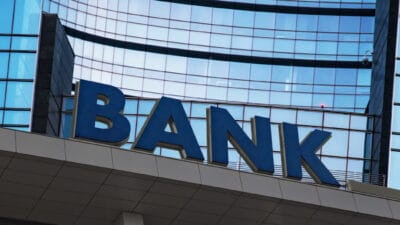ANZ Group Holdings Ltd (ASX: ANZ) shares have taken a bit of a beating recently.
Concerns over the Silicon Valley Bank collapse have sent many investors to the exits, driving the bank's shares deep into the red.
The good news is that if you have confidence in the Australian banking sector, then this may have created a mouth-watering opportunity for investors.
ANZ shares could have huge upside
According to a recent note out of Citi, its analysts believe that ANZ is the best bank to buy right now.
Citi was pleased with ANZ's first-quarter update and believes its earnings are currently ahead of expectations.
As a result, the broker has named it as its top pick in the sector with a buy rating and $29.25 price target on its shares. Based on the current share price, this implies potential upside of 27% over the next 12 month for ANZ shares.
Citi commented:
ANZ's 1Q23 disclosures exhibited strong trends in both lending growth and asset quality. No earnings disclosure was provided, but we think that after backing out RWA movements from capital, it comfortably implies above market earnings, although subject to movements in deductions/reserves.
Citi also highlights that ANZ's asset quality remains strong despite the current environment. It adds:
Despite fears of deteriorating asset quality, impaired assets declined again in the quarter, although this could be the bottom as seasonally mortgages and personal credit arrears tick higher in the March quarter.
The broker concludes:
Institutional lending momentum continued and accelerated in the Dec qtr, which we expect was driven by more available liquidity and pricing vs debt markets. ANZ remains our top pick in the sector, and we expect the lending momentum, particularly in institutional, to continue to differentiate vs peers.
Don't forget the dividends
But there's more than just upside on offer with ANZ shares. The broker is also expecting some big dividend yields in the near term.
Citi is forecasting fully franked dividends of 166 cents per share in FY 2023 and then 176 cents per share in FY 2024. This would mean yields of 7.2% and 7.6%, respectively, for investors.









